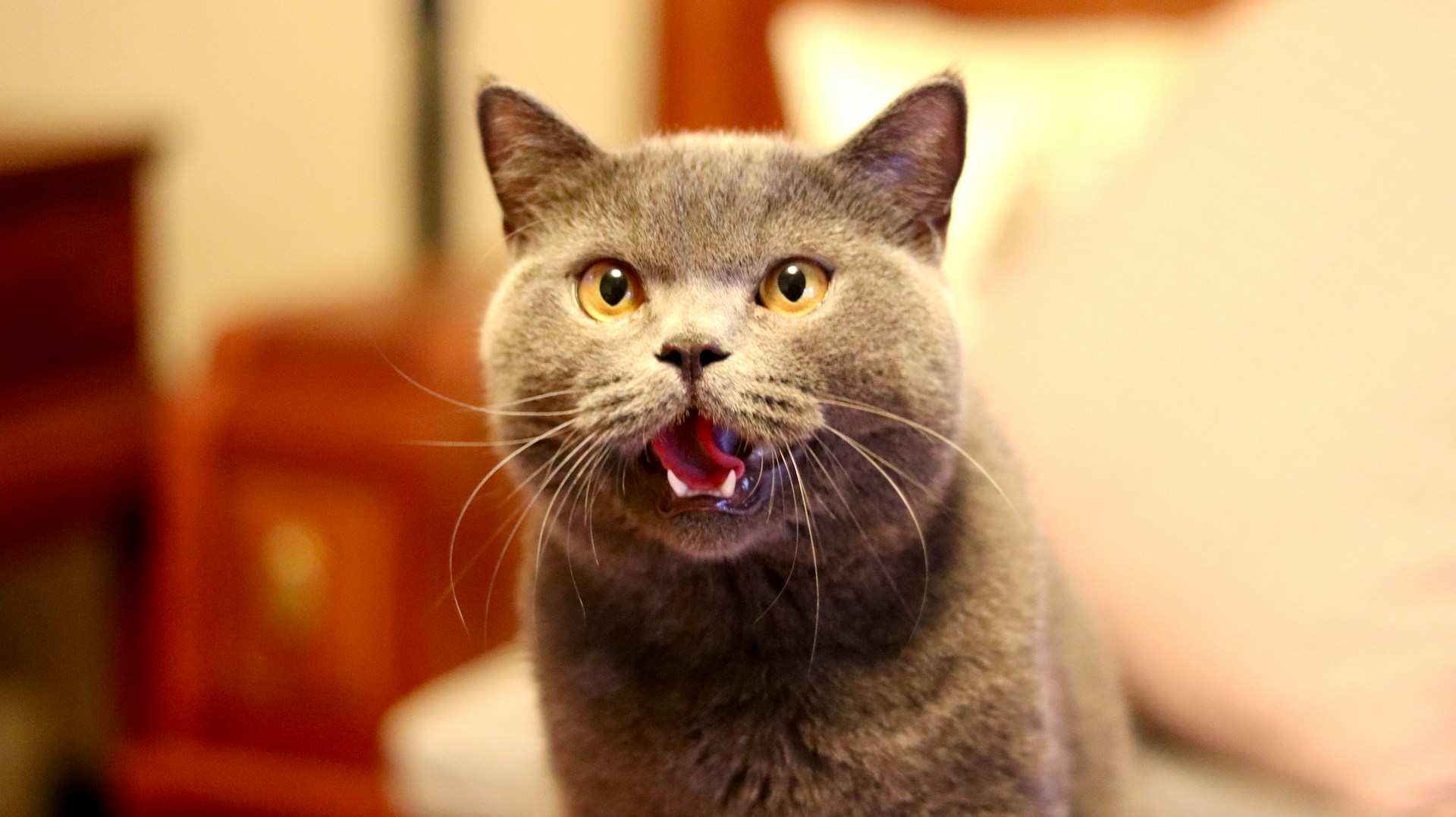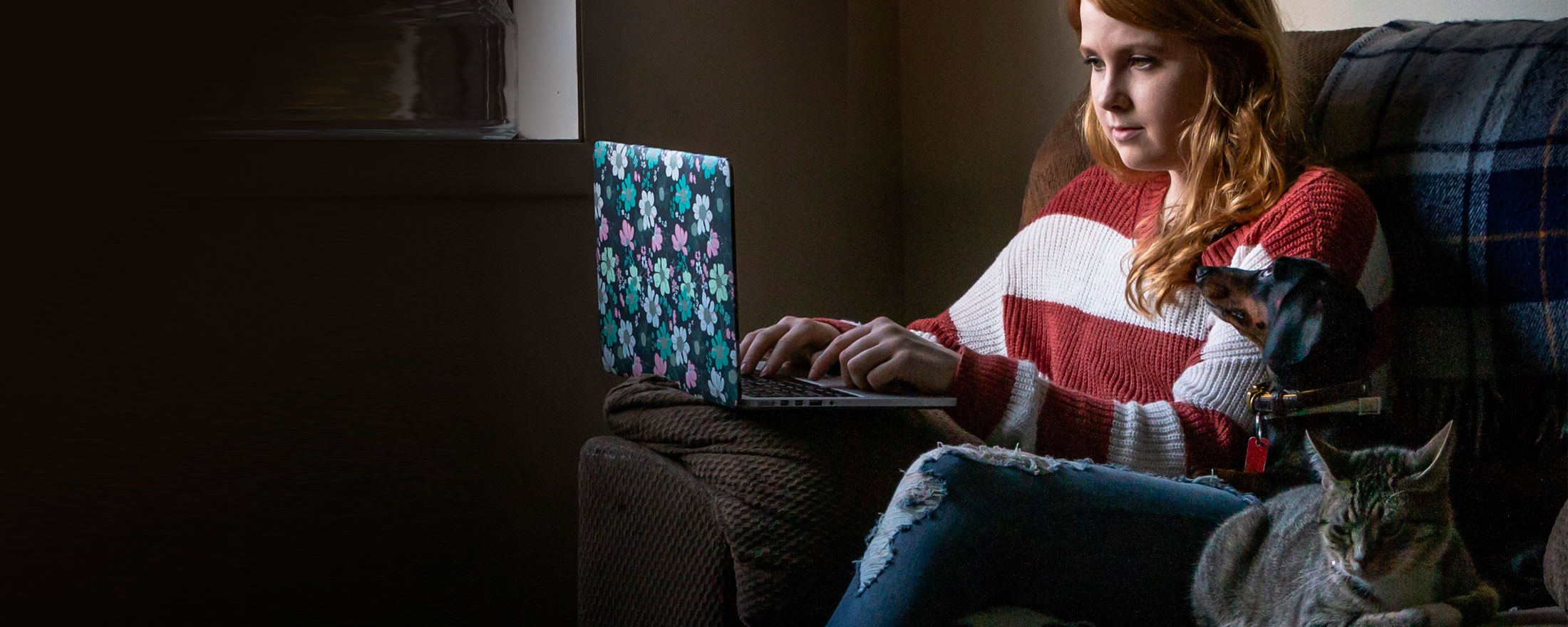
19 Jan What If My Pet Can’t Close Their Mouth?
A few weeks ago, we posted a blog describing the most common reasons why a dog or cat might not be able to open their mouth. The opposite condition, the inability to close the mouth, can also occur for a variety of reasons. While a pet who can’t open their mouth is obviously going to struggle to eat or drink, the same is true for a pet who can’t close their mouth. For that reason, it’s important to contact your veterinarian or go to an emergency room if your pet cannot close their mouth.
Why Can’t My Pet Close Their Mouth?
Lower Jaw Fracture
If a dog or cat fractures both sides of their lower jaw at the same time, their mouth will hang open limply. You might know the cause if you see your pet have an accident or if you notice pain, swelling, and bleeding, but other times it might not be as obvious. Older small breed dogs can have such severe periodontal disease that their jaws just slowly crumble, usually at the level of the first molars. In this situation, there won’t be any history of trauma or obvious swelling, pain, or bleeding. This type of fracture is called “pathologic” because it was caused by disease (pathology) in the bone. Pathologic fractures are very difficult to repair because the bone is so unhealthy. Regular home dental care and professional cleaning can help prevent this from ever happening.
Trauma to the Jaw
Trauma can also cause the jaw to luxate (dislocate) on one or both sides. This is more common in cats than dogs and usually, the jaw is pushed forward from its normal position. The mouth will be partially open but will be rigid instead of limp. The sooner this condition is treated, the easier it is to resolve. In most situations, a luxated temporomandibular joint can be reduced easily under anesthesia. Less commonly, the jaw will be pushed backwards from its normal position. This will be associated with a fracture of the bone in the joint and can be harder to resolve.
Tooth Resorption
Sometimes, an individual tooth will be luxated or pushed out of its socket, and that can prevent the mouth from opening. Cats have relatively large canine teeth and are also prone to tooth resorption. If the root of one of these canine teeth is reabsorbing, the root may soften, and the tooth may start to tip towards the tongue. If the tooth contacts the opposite jaw, it props the mouth open and is also very painful. Occasionally, a different tooth such as an upper fourth premolar will get tipped towards the palate with the same result.
Jaw Locking
Cats and less commonly dogs can have a unique problem called “open mouth jaw locking.” In this scenario, the coronoid bone (the vertical arm of the lower jaw) gets caught on the cheekbone when the cat opens their mouth all the way to yawn. A cat with this problem will have its mouth stretched open very wide and the jaw will be rigid. The problem can usually be resolved very quickly by simple manipulation, but it can reoccur repeatedly. There is a surgery that can be done to prevent open mouth jaw locking from happening again.
Trigeminal Neuropathy
The last reason for a pet to be unable to close their mouth is the strangest of all because it has nothing to do with the bones or the teeth. This is a disease called “trigeminal neuropathy” where the nerves that control closing the mouth are affected. This disease is diagnosed by excluding all the other reasons. Most animals will recover over time but may need to wear a loose muzzle to support the jaw while waiting for improvement.
Veterinary Dentist in Fort Collins, Colorado
Advanced diagnostic imaging is critical for diagnosing the reason why a pet cannot close their mouth. At Animal Dental Care & Oral Surgery, we have cone beam CT which can quickly provide 3-dimensional imaging of the skull to allow for an accurate diagnosis. We can also provide treatment options for all the conditions listed above, including TMJ luxation reduction, surgery to prevent open mouth jaw locking, and miniplates for jaw fracture repair. If your pet has any trouble opening or closing their mouth, contact us right away.
Images used under creative commons license – commercial use (1/19/2024). Photo by Skyler H on Unsplash



